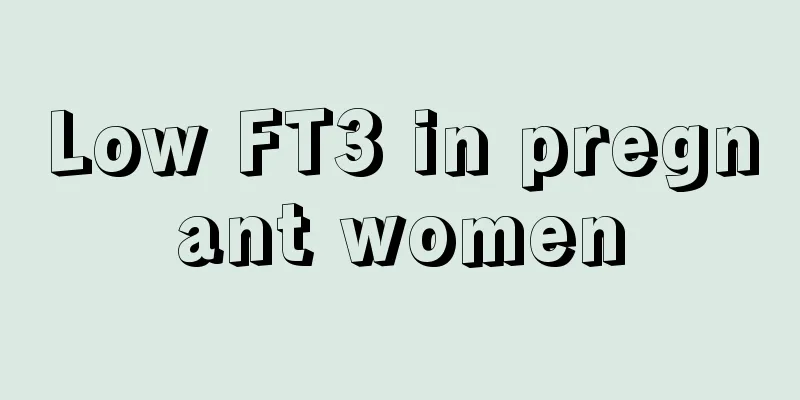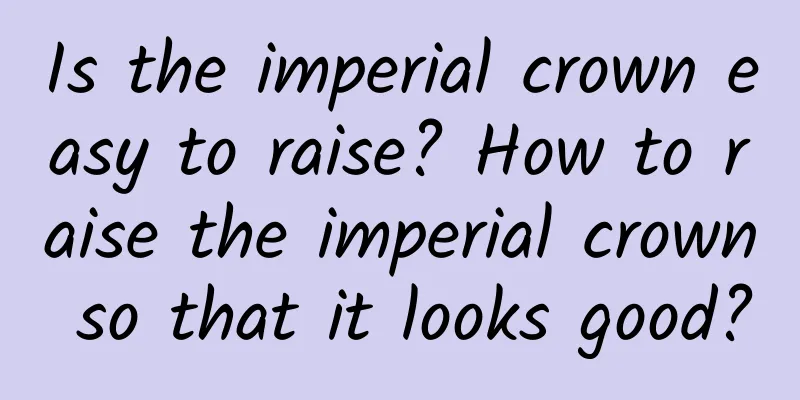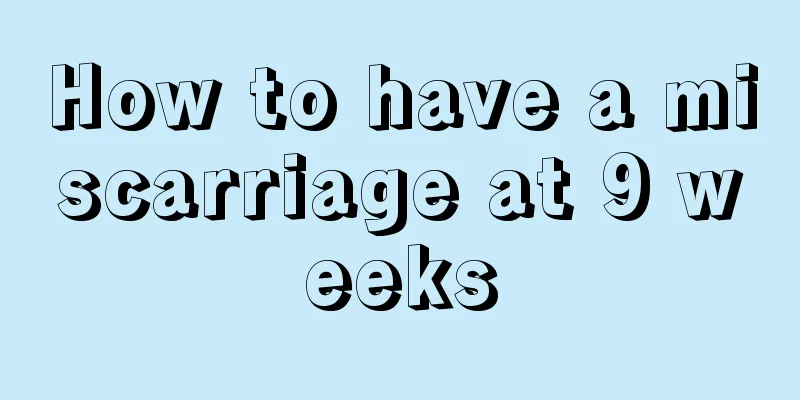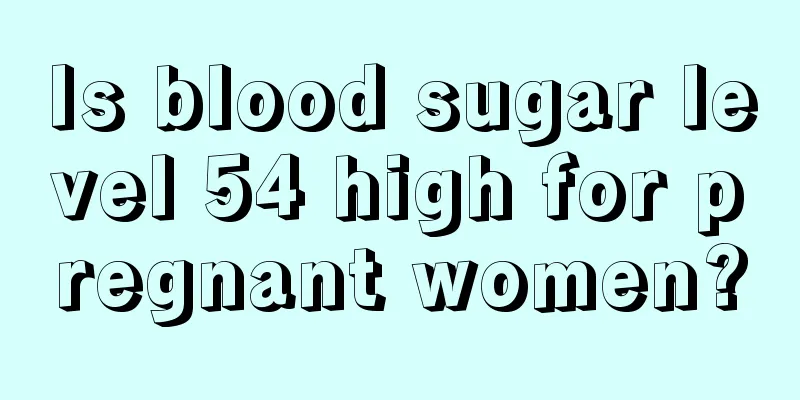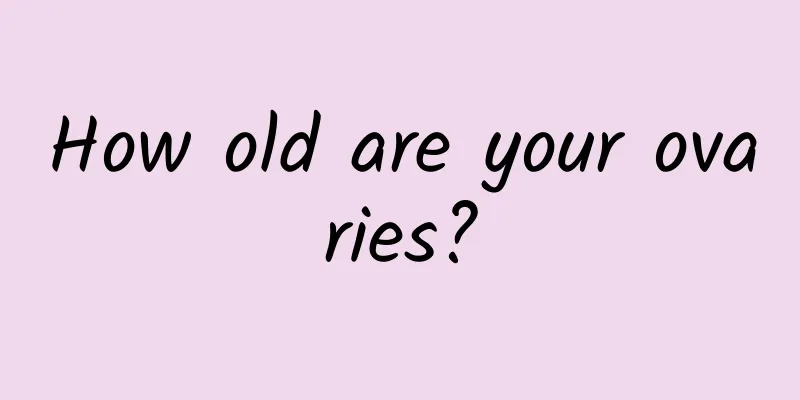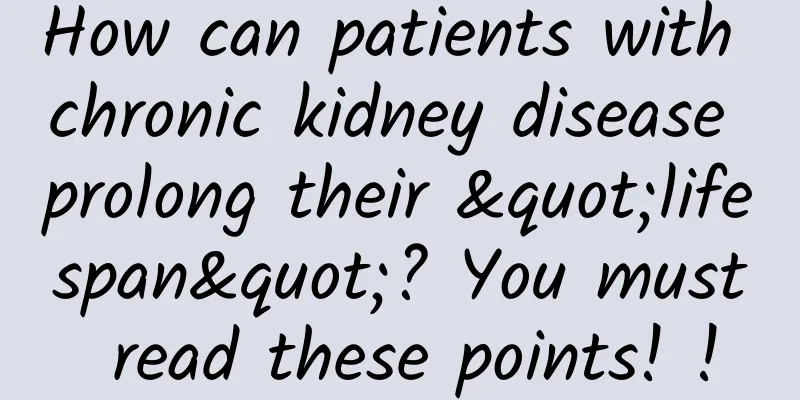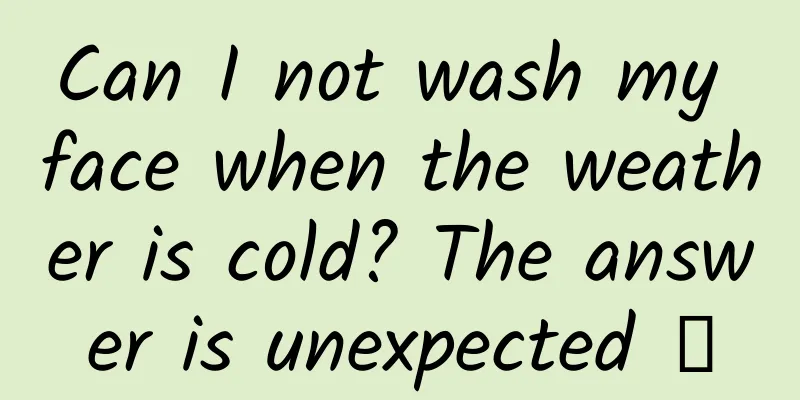What is the HPV nine-valent vaccine?
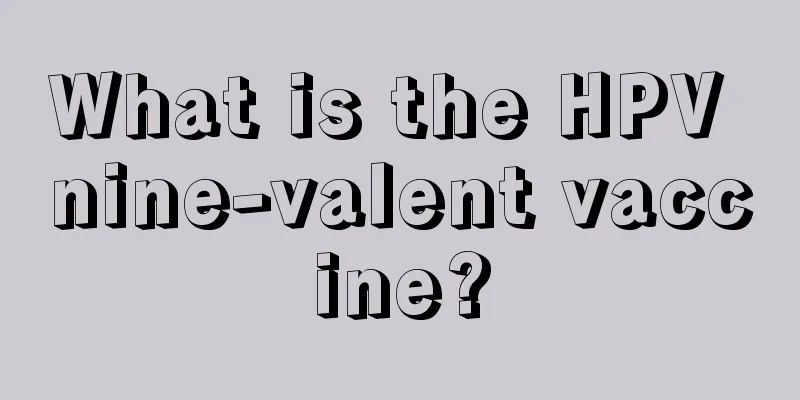
|
The nine-valent HPV vaccine is used to prevent cervical cancer caused by human papillomavirus (HPV) infection and can prevent more than 90% of cervical cancer. The vaccine was approved for sale abroad in 2014. On April 28, 2018, the National Medical Products Administration approved the sale of the nine-valent HPV vaccine for the prevention of cervical cancer in my country. Vaccination is the primary prevention, and screening is the secondary prevention, and both are equally important. Therefore, cervical cancer screening measures cannot be relaxed just because of vaccination. The nine-valent HPV vaccine has good antigenicity. After completing the three-dose vaccination program, the positive conversion rate of serum antibodies of the relevant types can reach almost 100%. One month after the vaccination program, the maximum geometric mean antigen titer reached 100 times the antigen level after natural infection. In the next two months, the value dropped to 10 times, reaching the weight loss bottleneck period. The vaccine's antigenic level can be maintained for at least 4 years. In clinical studies of the efficacy of the nine-valent HPV vaccine, the key observation endpoints were persistent infection with other HPV types, genital warts associated with relevant HPV types, cervical intraepithelial neoplasia (CIN), and genital or vaginal intraepithelial neoplasia (VIN or VaIN). Clinical studies have shown that vaccination with the nine-valent HPV vaccine can produce good protective effects, effectively reducing persistent infection with certain types of HPV and precancerous lesions of the cervix, vagina, and genitals, and the protective effectiveness can reach more than 90%. The nine-valent HPV vaccine includes HPV-6 and HPV-11 VLPs, which have a good preventive effect on genital warts. Vaccination group The nine-valent HPV vaccine approved for sale in my country is suitable for women aged 16 to 26. Often included in this age group, the actual basis comes from three aspects: 1. The clinical trial age for this vaccine is 16 to 26 years old. In this age group, the vaccine's overseas clinical trial data and its protective effectiveness against persistent infection in the Asia-Pacific population suggest that its benefits outweigh the risks. 2. In our country, the probability of females aged 9 to 15 years old surviving is very low. Only immunity bridging experiments were conducted for those aged 9 to 15 years old, and the clinical trial data information on the Chinese population in the Asia-Pacific region was limited. 3. Women over 26 years old are very likely to have a history of virus exposure, and there is no evidence to prove that the vaccine has a protective effect on exposed groups of this age group. |
<<: HPV 9-valent vaccine side effects
>>: Does a 7cm uterine fibroid require surgery?
Recommend
What is the difference between "sartan" and "sartan plus thiazide" in antihypertensive drugs?
A friend left a message to Huazi, saying that he ...
These 6 kinds of fruits are recommended for winter health preservation. They can quench thirst, moisten the throat and relieve dryness...
Winter is a dry season, and the body loses water ...
What are the symptoms of uterine relaxation?
For women, pregnancy is a happy thing, but during...
Ten reasons for itching and rash on the female vulva
Nowadays, the incidence of gynecological diseases...
Luotu Technology: In 2024, the annual sales volume of China's smart projector market will reach 6.042 million units, a year-on-year increase of 3.0%
According to the latest report from RUNTO, the an...
eMarketer: 2013 is the year of the social smartphone in Latin America
The region will have 145.6 million smartphone use...
I put my finger in and felt something hard.
Women should pay attention to the care of their g...
After eating, my stomach feels like I'm pregnant
Generally speaking, after a person has eaten a lo...
Be careful, "electronic mustard tuber" is increasing your weight and harming your stomach
In recent years, a product of the new era seems t...
Cows infected with avian influenza, how did the influenza virus become a demon? | Virus Super Topic
"There is a fish in the North Sea, named Kun...
Brown discharge after urinating
Once a woman has physiological symptoms, she may ...
What is the reason for weak positive urobilinogen in women?
Weakly positive urobilinogen in women is a relati...
What should we pay attention to in postpartum care
It is well known that no matter which delivery me...
How to choose cashews? Can cashews be used to make porridge?
Cashews are a common type of nut food. They can s...
Why does bloody vaginal discharge occur after having an IUD inserted? Women are looking forward to it
Some women find that their leucorrhea is accompan...
